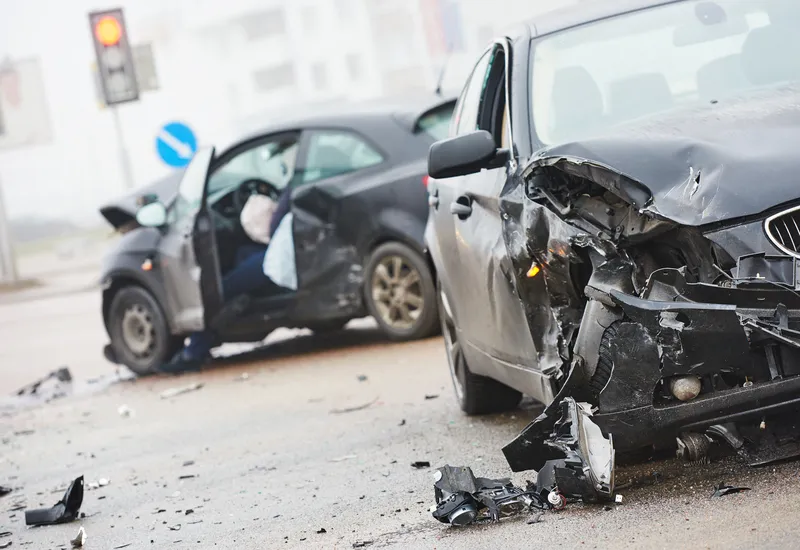The A254 between the junction with A28 in Margate and the junction with the A255 near Ramsgate is the UK’s riskiest road, according to an interactive Dangerous Road Map.
There were 26 fatal and serious crashes per billion vehicle kilometres on this road, say motor insurer Ageas and the Road Safety Foundation (RSF).
Both organisations are now calling on an immediate investment from the UK government of £75 million, and the same amount annually for five years thereafter to improve the country’s riskiest roads.
It is estimated that this investment could prevent as many as 5,600 deaths or serious injuries over the next two decades with a prevention value of around £2 billion.
RSF says 654 lives out of 1,793 would not have been lost in 2017 if the UK was on target to halve road deaths by 2020. Also, 2,549 road death could have been prevented between 2010 and 2017 if the country was on track.
A %$Linker:
Ageas and RSF believe a single investment of £75m on these roads would prevent an estimated 1,110 fatal and serious injuries over the next 20 years.
Getting Back on Track also shows in 2017.
• The societal cost of road traffic crashes was £35bn.
• An average of 73 people were killed or seriously injured on Britain’s roads every day.
• Motorcycle fatalities increased by 9% from 319 in 2016 to 349.
• Six out of ten fatal casualties occurred on rural roads.
• Nearly 6% of fatal casualties occurred on motorways.
The Safer Roads Fund was part of an investment package announced in 2016 by the Department of Transport to upgrade 50 of the UK’s most dangerous local A-road sections.
Suzy Charman, executive director of the RSF, says progress to reduce the rate of death and serious injury on UK roads has flatlined since 2010.
“The Safer Roads Fund has allowed the road safety community to demonstrate that investing in road safety engineering treatments really does have life-saving potential, and also stacks up as an investment when compared to other transport initiatives,” she adds.
Charman believes the continuation of the fund would be a critical way of achieving zero road deaths by 2050.
Andy Watson, CEO of Ageas, believes a reduction in crashes will benefit the economy.
“Fewer crashes mean fewer insurance claims – and saving an annual of £23.2m that we can pass onto our policy holders,” Watson adds.
Other findings show the risk is lowest in the West Midlands and the most improved road is the A161 in Yorkshire with fatal and serious crashes decreasing from 13 (in 2011-13) to one (in 2014-16).
Interactive map reveals the UK’s riskiest roads
The A254 between the junction with A28 in Margate and the junction with the A255 near Ramsgate is the UK’s riskiest road, according to an interactive Dangerous Road Map.
There were 26 fatal and serious crashes per billion vehicle kilometres on this road, say motor insurer Ageas and the Road Safety Foundation (RSF).
Both organisations are now calling on an immediate investment from the UK government of £75 million, and the same amount annually for five years thereafter to improve the country’s riskiest
November 20, 2018
Read time: 3 mins







